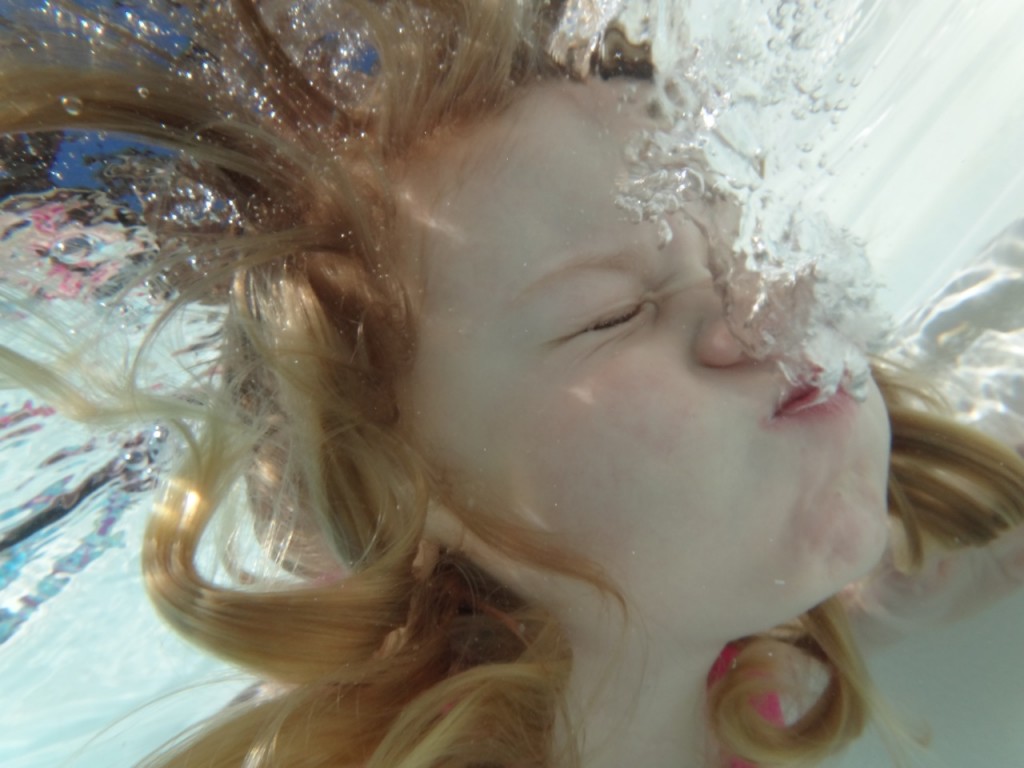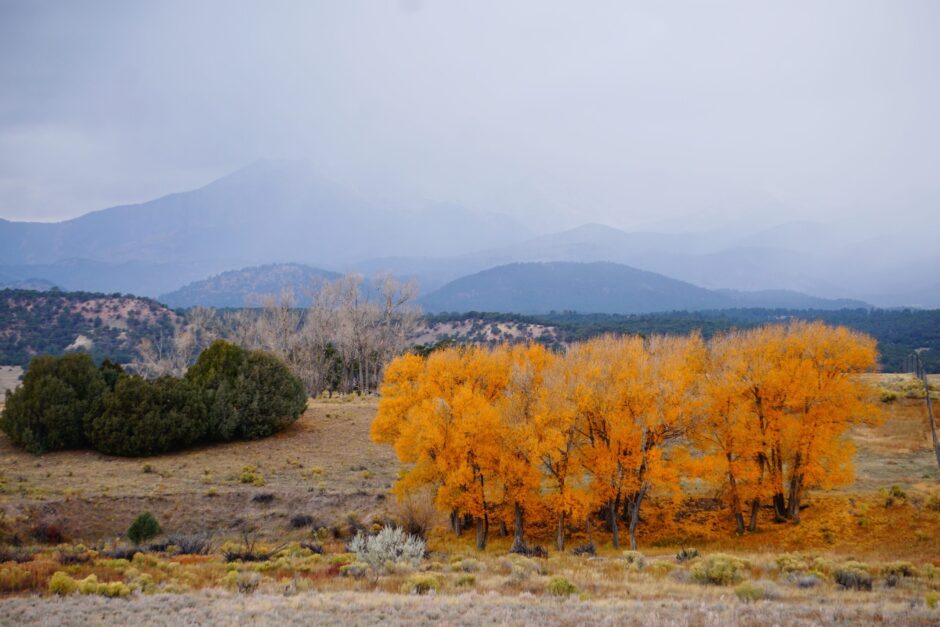So I have to confess of all the environmental issues floating around out there—Climate Change, Peak Oil, Fracking hazards, Overpopulation, Resource depletion, General 21st Century Malaise (okay, I added that one)—I’ve been deliberately avoiding reading (or thinking about) the looming Water Crisis. Why? Maybe it just seemed like one too many things to worry about. We can guess at some point we’ll either run low on recoverable oil or burn so much of it we ruin our climate, but now we have to worry about not having enough clean, tasty water to drink, too? Oy. I think I also classified water worries as something kooks would concern themselves with, and kooks with lots of time on their hands, like the grumpy old guy in HBO’s former good TV series Six Feet Under.
But no more. I’m reading Alex Prud’homme’s The Ripple Effect (2011) and it’s only a slight exaggeration to say I can’t put it down. Why an exaggeration: It’s not a potboiler or page turner like a murder mystery, but it’s full of outrageous factoids that are hard to ignore. To some extent it’s exactly why the Republican “Businss Is Good” attitude is so foolhardy: Leave business in charge and they will make as much money as possible, polluting along the way, and if there’s ever a cleanup needed, hire their best lawyers and spend millions (or even billions) to avoid doing the Right Thing. (Consider the absurd amounts of money already spent on the Republican primaries, and now the money flowing into the Super PACs, whose main agenda is to tell us we shouldn’t vote for President Obama because of his involvement with Rev. Wright, here. Even Romney wants to avoid that approach, knowing it could well backfire. If the rich have that much money to spend to unseat Obama, why not raise their taxes a little to help fix the budget deficit? Oh, no no no. That makes too much sense. They need the money to invest in the latest Hate Campaign!)
Prud’homme began with a focus in the New York area, describing the horrible pollution along the Newtown Creek in Brooklyn, then shifted to Massachusetts and Connecticut, with a description of the ongoing pollution of the Houstonic River: “Don’t drink too much Houstatonic River water. Don’t swin in it for long. Don’t dig your hands into the river’s muddy banks and put your fingers into your mouth, as children like to do. While you are welcome to catch the river’s plentiful fish for sport—brown and rainbow trout, large- and smallmouth bass, northern pike, perch, bluegill, catfish, suckers—don’t eat them. The same goes for the ducks. . . . The Housatonic contains some of the highest levels of PCBs (polychlorinated biphenyls) of any river in America—or in the world” (41).
He describes a lake so polluted that if any birds land on it, they die. And offers quotes about the dire consequences of our negligence with water issues, like this one: “Ismail Serageldin, the World Bank’s leading environmental expert, put it even more bluntly: ‘The wars of the twenty-first century will be fought over water” (26).
I’m at the point where half of me wants to get my water tested, to see how toxic it is, and the other half just doesn’t want to know. That’s my attitude in a nutshell. A looming water crisis is quite likely very real, but also depressing, one worry too many. Maybe that’s why all those people are watching American Idol or some other drivel—we’re up to here with Crises. We need a break.
But I’m still not going to watch American Idol or Dancing With the Stars. Ever.

